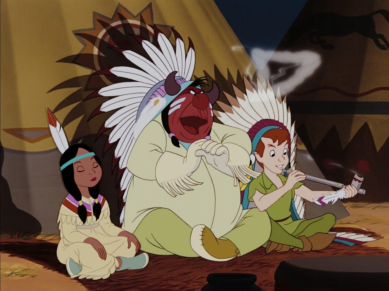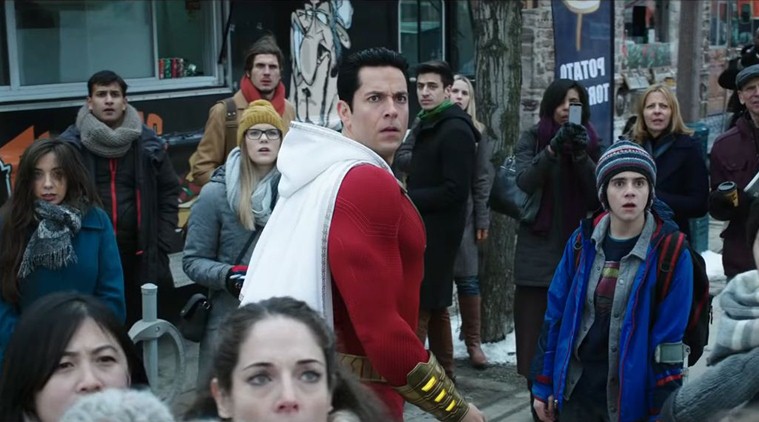Disney is well known for their classic animated films such as “Peter Pan” (1953) and “Dumbo” (1941), but on Disney’s streaming service, Disney+, they are receiving backlash for some of its scenes that consist of racist and insensitive content.
Instead of removing the harmful scenes from its movies, Disney says that it’s using the new content advisories to start a conversation about harmful stereotypes and wants to improve representation in its content moving forward. As a result, Disney has added a 12-second disclaimer before viewers start the film, warning them about scenes that may contain outdated cultural depictions. The 12-second disclaimer, which cannot be skipped, tells viewers that “This program includes negative deceptions and/or mistreatment of people or cultures. These stereotypes were wrong then and are wrong now. Rather than remove this content, we want to acknowledge its harmful impact, learn from it and spark conversation to create a more inclusive future together. Disney is committed to creating stories with inspirational and aspirational themes that reflect the rich diversity of the human experience around the globe.”
Disney has identified six movies that are available on their streaming service that present the warning such as “The Aristocats” (1970), “Peter Pan” (1953), “ “The Jungle Book,” (1967) “Lady and the Tramp,” (1955), and “Dumbo,” (1941.) The warning also directs viewers to a website called “Stories Matter”, that explains why those particular movies will present the new warning by pinpointing the racist caricatures and stereotypes present in some of the films’ scenes. For example, referencing a scene from the 1953 animated movie “Peter Pan,” Disney’s website states, “The film portrays Native people in a stereotypical manner that reflects neither the diversity of Native peoples nor their authentic cultural traditions.”
“It shows them speaking in an unintelligible language and repeatedly refers to them as ‘redskins,’ an offensive term. Peter and the Lost Boys engage in dancing, wearing headdresses and other exaggerated tropes, a form of mockery and appropriation of Native peoples’ culture and imagery,” the site continues. In another example found in “The Aristocats”, there is a cat with slanted eyes and buck teeth, portraying a “racist caricature of East Asian peoples with exaggerated stereotypical traits,” the website says. The cat’s song about egg foo young and fortune cookies — Westernized foods — “mock the Chinese language and culture,” it says. Also, Disney points to a scene from “Dumbo,” where it contains a group of crows that “pay homage to racist minstrel shows,” the site says. The leader of the group of birds is named Jim Crow, a reference to the laws that enforced racial segregation in the United States. The website explains that they “also want to acknowledge that some communities have been erased or forgotten altogether,” and are “committed to giving a voice to their stories as well.” With Disney finally admitting to their faults that have harmed many communities throughout the years and attempting to educate viewers on why certain scenes were insensitive through their website, some may think that their efforts are better late than never, but is it enough?
Noah Tsika, an Associates Professor at Queens College whose work explores the politics of representation in both commercial and noncommercial media, emphasizing race, ethnicity, gender, sexuality, and nationality, gave his opinion on the matter and stated “I think that it’s important to keep in mind that Disney’s disclaimers represent more than just the company’s attempts to atone for past sins. They also suggest an effort to use Disney’s current racial consciousness to distract from the company’s monopoly power and longstanding resistance to unionization. Disney wants, of course, to seem ‘woke,’ but we have to ask what such ‘wokeness’ is concealing or enabling. One need only look to the recent production of Mulan, which, despite Disney’s attempts to appear progressive, was a public relations disaster.”














